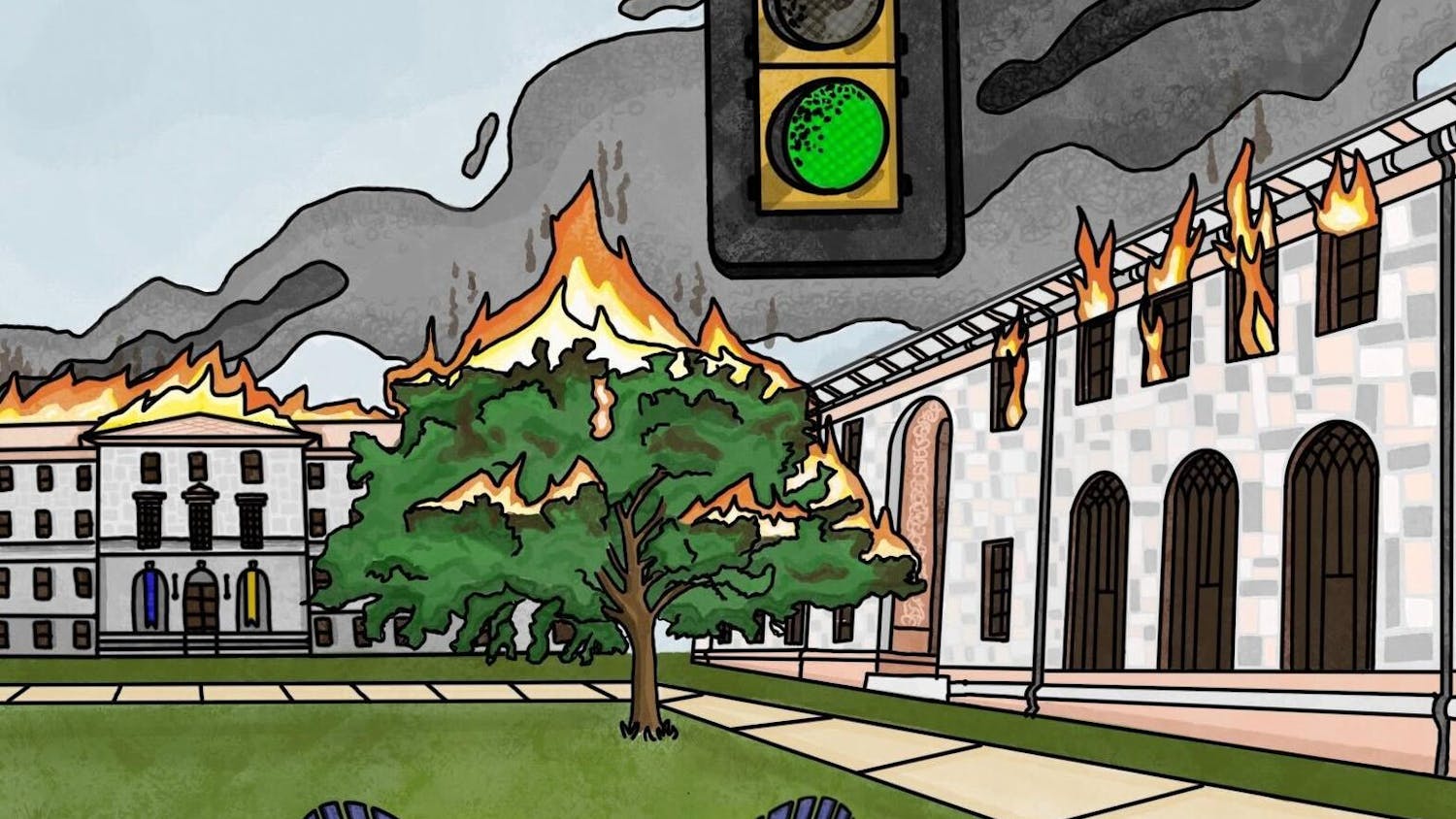For the millionth time, lower the drinking age. Whether it’s drinking socially in moderation or getting totally drunk with friends, alcohol is bound to social traditions across the globe. In the United States, the national drinking age of 21 is a complete legislative and social failure. Conceived as a way to curb deaths due to drunk driving, the drinking age has instead contributed to the creation of a toxic drinking culture. The age should be lowered to 18 to make the legal meaning of adulthood more consistent and to shorten the amount of time in which young adults could learn toxic behaviors, such as binge drinking.
Much of the rhetoric supporting the current drinking age is about keeping teenagers safe. Underage people are going to drink, no matter the drinking age. Lowering the drinking age to 18 has absolutely nothing to do with allowing adolescents to drink. We’re talking about adults. Legally, an 18-year-old is considered an adult in the United States, someone who can die for their country and drown themselves in student loan debt. Simply, the fact that the law does not trust a legal adult — who should have the freedom to make their own decisions — to drink alcohol is imbecilic and puritanical.
That is not to say that there aren’t risks to drinking alcohol. But some of these risks are the fault of American drinking culture, which are only worsened by the drinking age being set at 21. Yes, drinking at a younger age can inhibit the development of one’s prefrontal cortex, the part of the brain responsible for making decisions, but a higher drinking age would encourage the toxic culture that for some leads to harmful drinking habits at a younger age. Acute problems that result from a toxic drinking culture — such as death from alcohol poisoning — are just as dangerous as this inhibition.
As a college student, I’ve witnessed multiple situations where an inexperienced drinker does not understand their alcohol tolerance and ends up sick or even hospitalized for drinking too much. In those cases, the law is an overprotective helicopter parent, attempting to shield everyone from the realities of the adult world. This sort of excessive drinking is for 4,300 deaths a year in the U.S. Lowering the legal age to 18 would allow young adults to learn to drink respectfully and in moderation, leading to a healthier drinking culture, such as those in many European countries, where children are eased into more considerate habits from an early age. A 2011 World Health Organization study found that even though Americans drink less than Europeans, we die more frequently from alcohol-related causes.
In addition to lowering the drinking age, a better dialogue within parenting and educational communities is essential to reforming American drinking culture. Current standards mirror the failures of abstinence-only sex education, which does nothing to curb teen pregnancy by telling people to “not have sex.” We should encourage an understanding of normal human behavior — whether it be sex or drinking — not make taboos out of them. In the end, drinking alcohol is a bonding tradition within many communities, and has been throughout history. So many healthy adult relationships are forged with these potent brews, and trying to force the instinct to drink away is as damaging as a college kid’s worst blackout, except with much larger social implications.
Evan Amaral (21C) is from Statesboro, Ga.
Read More
Trending








